Marine Aluminum Flat Bar for Offshore Boat and Platform Reinforcement
Marine environments demand materials that combine strength, durability, and corrosion resistance. Marine aluminum flat bars is know as exceptional choices for reinforcing offshore boats, platforms, and related structures. With superior specific strength — that is, strength-to-weight ratio — and outstanding resistance to the corrosive action of seawater, marine-grade aluminum flat bars ensure long-term efficacy and reliability in challenging conditions.
Marine Aluminum Flat Bar is a precisely extruded and cut product typically offered in dimensions ranging from 10mm to 150mm thickness, 20mm to 300mm width, with flexible lengths to suit construction needs. It serves various reinforcement roles for offshore boats, decks, hull framing, and platform structural members.
Popular alloys include 5083-H321, 5086-H32, and 6061-T6, chosen for their compelling balance of strength, weldability, formability, and corrosion resistance under marine service conditions.
Chemical Composition and Alloys
| Alloy | Si (%) | Fe (%) | Cu (%) | Mn (%) | Mg (%) | Cr (%) | Zn (%) | Ti (%) | Others (%) | Notes |
|---|---|---|---|---|---|---|---|---|---|---|
| 5083 | 0.4 max | 0.4 max | 0.1 max | 0.4-1.0 | 4.0-4.9 | 0.05-0.25 | 0.1 max | 0.015 max | 0.05 max | Excellent corrosion resistance & moderate strength |
| 5086 | 0.4 max | 0.5 max | 0.1 max | 0.2-0.7 | 3.5-4.5 | 0.05-0.25 | 0.1 max | 0.015 max | 0.05 max | High strength, great marine corrosion durability |
| 6061 | 0.4-0.8 | 0.7 max | 0.15-0.40 | 0.15 max | 0.8-1.2 | 0.04-0.35 | 0.25 max | 0.15 max | 0.15 max | Good strength and moderate corrosion resistance |
Mechanical Properties and Tempering
| Alloy/Temper | Typical Tensile Strength (MPa) | Yield Strength (MPa) | Elongation (%) | Hardness (Brinell) | Typical Marine Grade Standard |
|---|---|---|---|---|---|
| 5083-H321 | 295-350 | 145-210 | 12-18 | 95 | ASTM B209, ISO 6361 |
| 5086-H32 | 290-350 | 215-260 | 10-16 | 92 | MIL-DTL-46027 |
| 6061-T6 | 290-320 | 240-280 | 8-12 | 95 | ASTM B221 |
- 5083-H321: Work-hardened; excellent resistance to stress corrosion cracking.
- 5086-H32: Strain-hardened with good formability, widely used in hull structures.
- 6061-T6: Solution heat treated and artificially aged for high strength.
These tempers focus on delivering the ideal combination of toughness, flexibility, and welding performance critical in offshore restoration and construction of marine vessels and platform hardware.
Industry Standards and Compliance
- ASTM B209 – Standard Specification for Aluminum and Aluminum-Alloy Sheet and Plate
- MIL-DTL-46027 – Military Specification for Aluminum Alloy Plates, Sheets, and Bars for Naval and Marine Applications
- ISO 6361 – Aluminum and Aluminum Alloys – Sheet, Strip, and Plate – Technical Conditions
- ABS (American Bureau of Shipping) – Certification for Marine Structures
- DNV GL and Lloyd's Register – Approval for offshore engineering and equipment
These proprietary aluminum flat bars meet or exceed stringent international standards governing marine applications, ensuring reliability in saltwater environments.
Corrosion Resistance
Marine aluminum alloys such as 5083 and 5086 exhibit exceptional corrosion resistance guided by their unique alloying elements magnesium and chromium. These impede pitting and crevice corrosions typically caused by continuous exposure to brine solutions, salt spray, and marine atmospheres. Protective oxide layers form naturally, significantly extending the service life as structural reinforcements under harsh conditions.
Our experience with marine aluminum flat bar used in offshore boat and platform reinforcement highlights the crucial role of alloy selection and surface treatment. We've seen firsthand how 5086 and 6061 alloys, chosen for their respective strength and weldability, perform differently under the relentless salt spray and cyclic loading of the marine environment. 5086, with its superior corrosion resistance, often proves ideal for structural components exposed to direct seawater, while 6061, being more readily weldable, finds application in complex assemblies. However, even with the right alloy, neglecting proper surface preparation—including cleaning and anodizing or powder coating—leads to accelerated corrosion, significantly reducing the lifespan and structural integrity of the reinforcement. We've had to troubleshoot several instances where inadequate surface treatment resulted in premature failure, necessitating costly repairs or replacements.
Beyond material selection and surface treatments, fabrication techniques significantly impact the final product's performance. Improper welding can create stress concentrations, acting as points of failure under fatigue. Similarly, inconsistent tolerances during cutting and machining can weaken the overall structure. We’ve found that meticulous attention to detail throughout the manufacturing process, from raw material inspection to final quality control, is paramount for ensuring the long-term durability and reliability of marine aluminum flat bar reinforcement in these demanding environments. This includes rigorous testing to simulate real-world conditions, identifying potential weak points and optimizing the design for maximum performance and longevity.
Applications in Offshore Marine Reinforcement
- Boat Hull Reinforcement: Provides additional rigidity without excessive weight, essential for vessel performance and safety.
- Offshore Platform Support: Used to reinforce walkways, frameworks, and load-bearing components subject to dynamic marine loads.
- Marine Deck Structural Bar: lightweight and robust surface foundation for solar panels, equipment racks, and crew facilities on offshore platforms.
- Submarine Escape Hatch Frames: Due to its toughness and resistance to seawater degradation, where reliability is paramount.
- Corrosion Resistant Bracketry: For mounting machinery and piping accessories on offshore oil and gas platforms.
Fabrication Tips and Handling
- Welding: Marine aluminum alloys offer good weldability under Gas Tungsten Arc Welding (GTAW) and Metal Inert Gas (MIG) welding methods; use compatible filler materials (commonly ER5356 and ER5183).
- Formability: Can be cold bent or roll-formed while retaining strength and corrosion resistance when properly heat-treated.
- Surface Treatment: Anodizing or geometric coatings enhance longevity and prevent marine biofouling residues.
- Inspections: Regular maintenance and visual inspections for localized corrosion and fatigue cracks benefit lifecycle management.
Related Products
Marine aluminum I-beams
Marine Aluminum I-Beams feature the traditional “I” cross-sectional profile fabricated from marine-grade aluminum alloys like 5083, 5086, and 6061. These alloys are renowned for their outstanding corrosion resistance, especially in saltwater and marine atmospheres, making them ideal for offshore and naval construction.
View Details5083 marine aluminum flat bar
5083 aluminum flat bars belong to the 5xxx series of aluminum-magnesium alloys, known primarily for their superior resistance to seawater corrosion and salt spray.
View DetailsMarine aluminum angles
Marine Aluminum Angles are L-shaped cross-sectional aluminum profiles produced from marine-grade aluminum alloys such as 5083, 5052, and 6061.
View DetailsMarine aluminum Z-shaped sections
Marine Aluminum Z-shaped Sections are fabricated from premium marine-grade aluminum alloys such as 5083, 5052, and 6061. These alloys are well-regarded for their superior corrosion resistance in seawater and marine atmospheres, along with good mechanical strength and excellent weldability.
View Details6061 T6 marine aluminum flat bar
6061 aluminum is classified as a heat-treatable 6xxx series alloy, alloyed primarily with magnesium and silicon. The T6 temper designation indicates that the flat bar has been solution heat-treated and artificially aged to achieve optimum strength and hardness.
View DetailsMarine aluminum channels
Marine Aluminum Channels are U-shaped aluminum profiles produced from alloys such as 5083, 5052, and 6061, known for their excellent marine corrosion resistance and superior mechanical strength.
View DetailsRelated Blog
6061 Marine Aluminum Channels for Custom Marine Component Fabrication
When it comes to constructing reliable, corrosion-resistant, and durable marine structures, the choice of material is pivotal. Among several options.
View DetailsMarine Aluminum Round Bar for Custom Marine Vessel Construction
Our premium Marine Aluminum Round Bars, specially engineered for custom marine vessel construction. Explore detailed specifications, alloy compositions, temper conditions, and industry standards that ensure superior corrosion resistance, structural integr
View DetailsMarine Aluminum Rod & Bar for High Performance Boat Construction
In the demanding field of high performance boat construction, material selection is critical to achieving the perfect balance of strength, weight, corrosion resistance, and durability.
View Details5083 Marine Aluminum Channels for Coastal Marine Engineering Projects
In the realm of coastal marine engineering, material selection is crucial for ensuring the durability, performance, and safety of structures exposed to harsh sea environments.
View Details5083 Marine Aluminum Round Bar for High Strength Offshore Reinforcements
In the demanding world of offshore engineering, materials must withstand severe environmental conditions without compromising structural integrity. One such pivotal material is the 5083 Marine Aluminum Round Bar.
View DetailsMarine Aluminum Angles for Custom Marine Vessel Deck Parts
In the demanding maritime environment, the structural integrity and durability of vessel deck parts are paramount. Marine aluminum angles have emerged as a critical solution in the customization and reinforcement of these components.
View Details

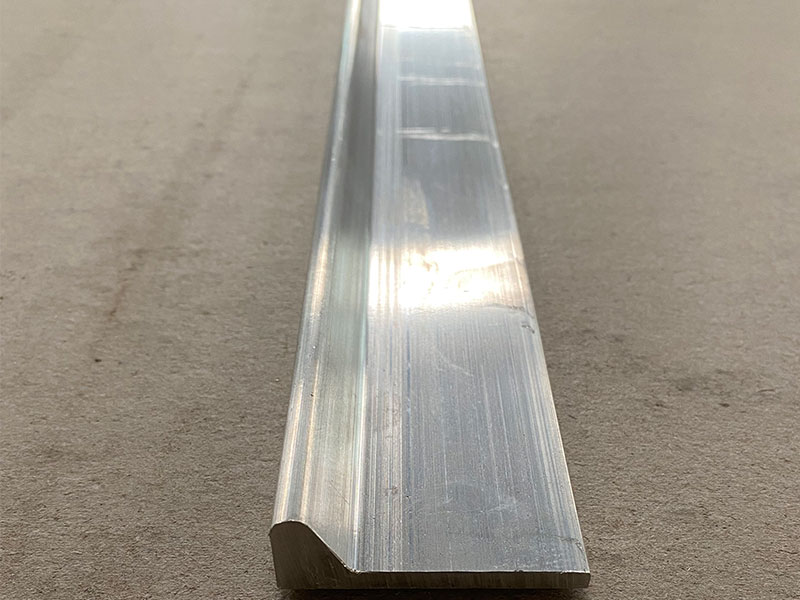
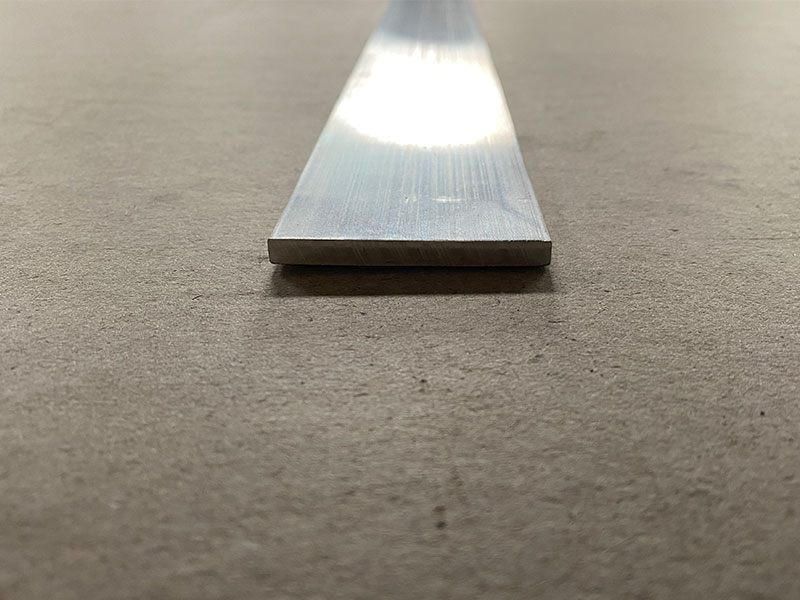
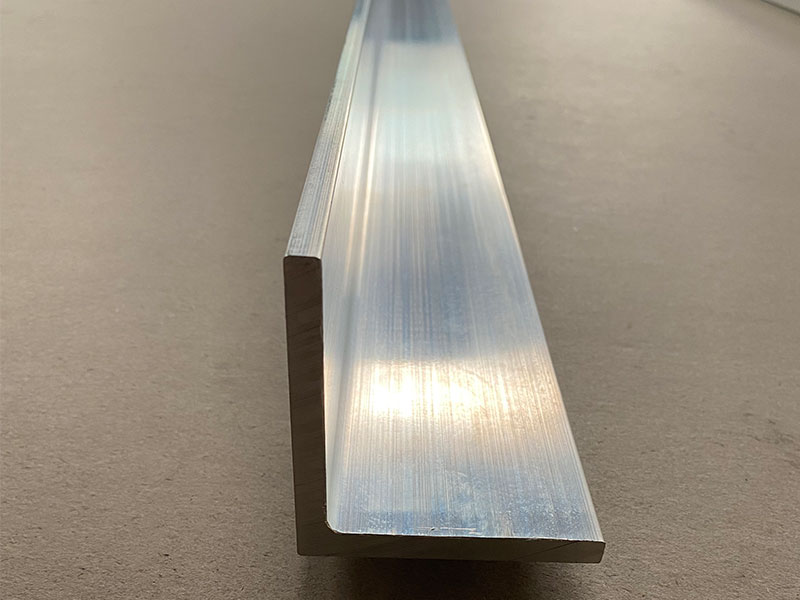
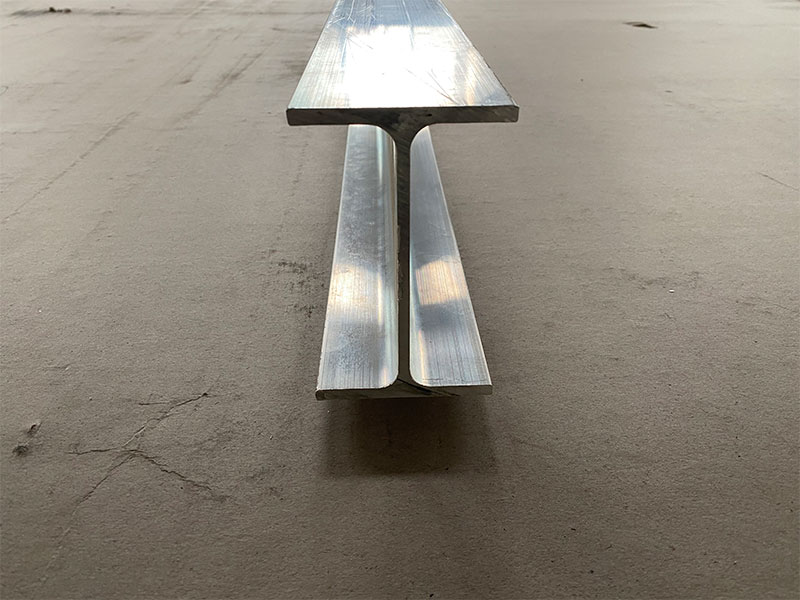
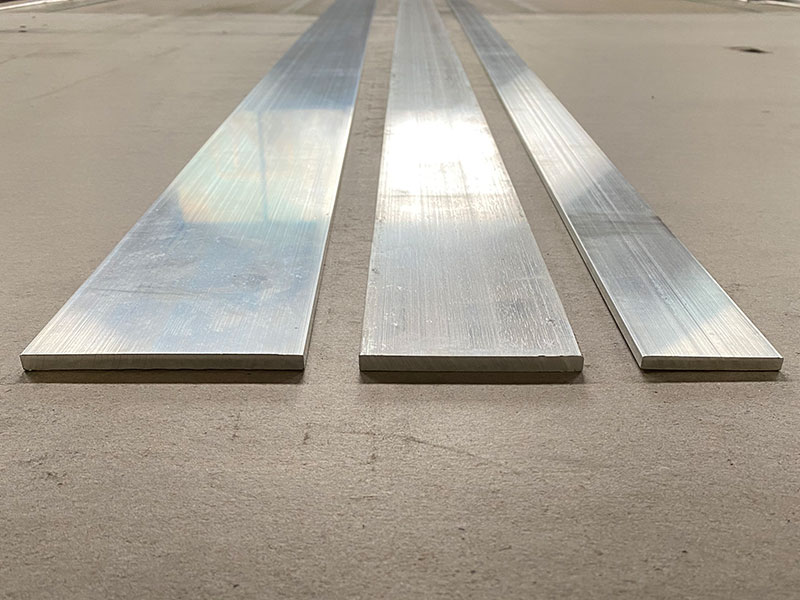
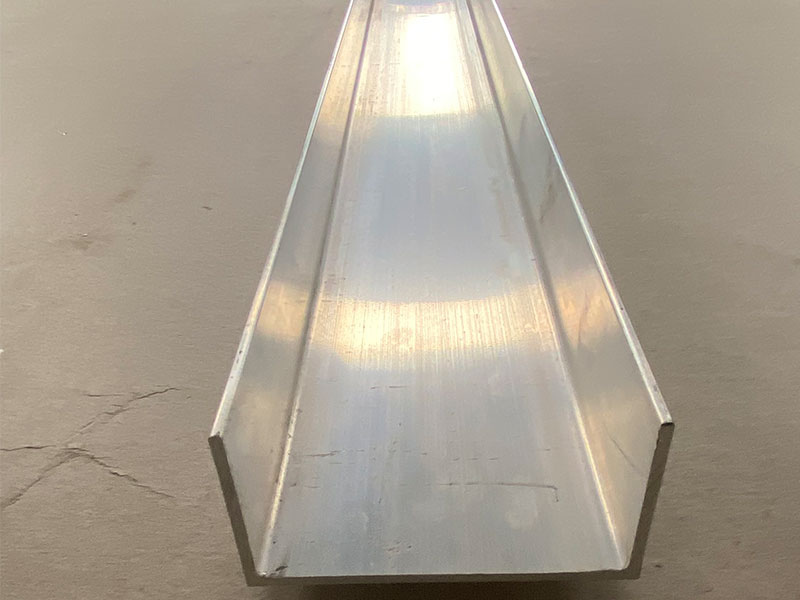







Leave a Message